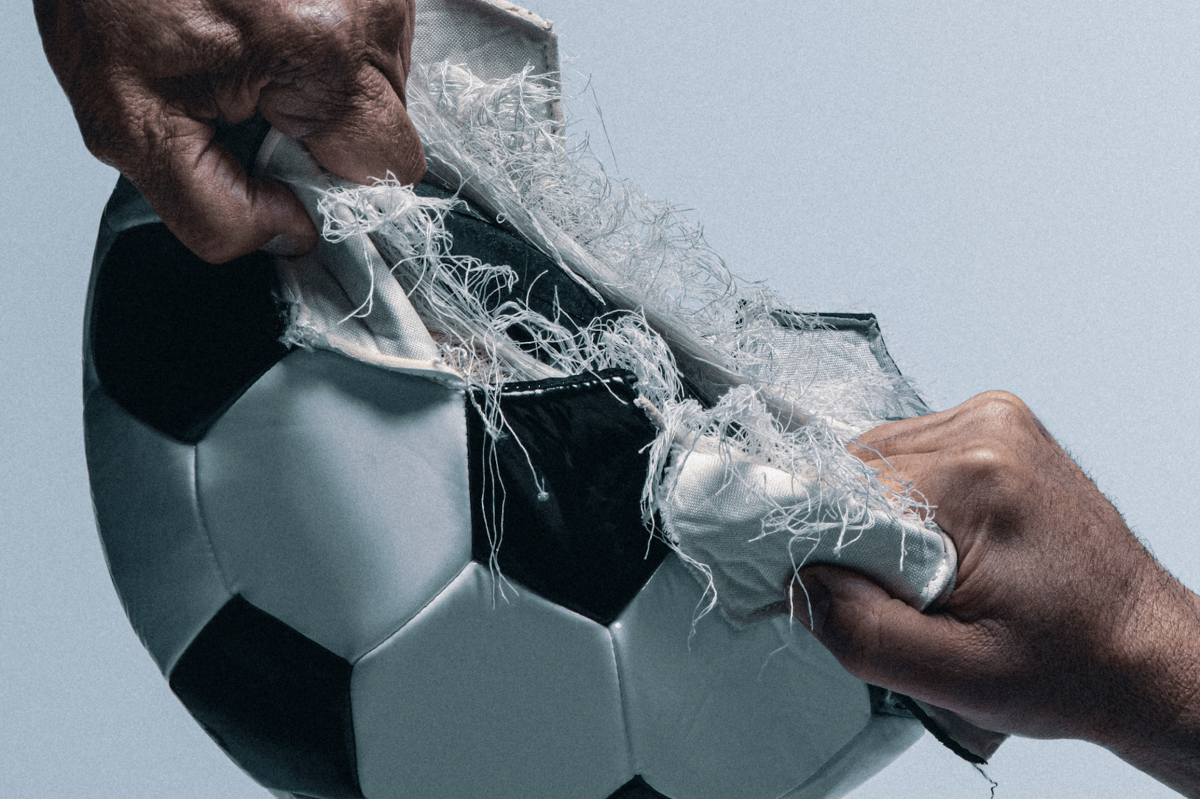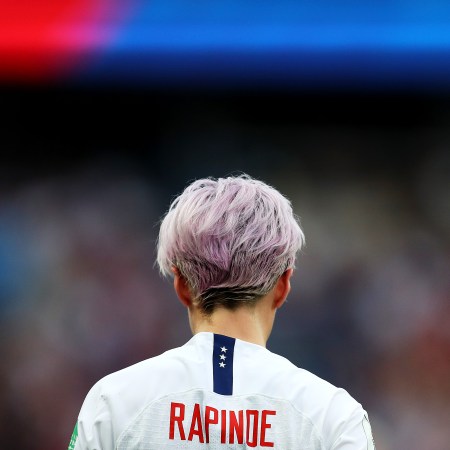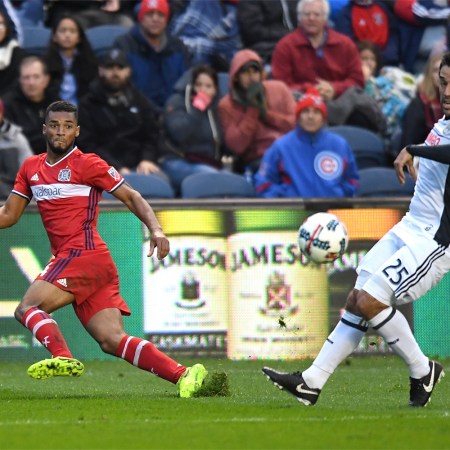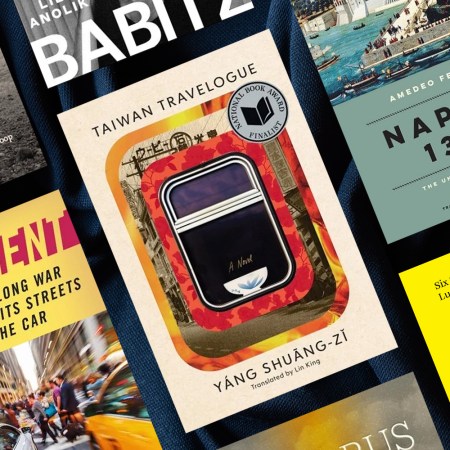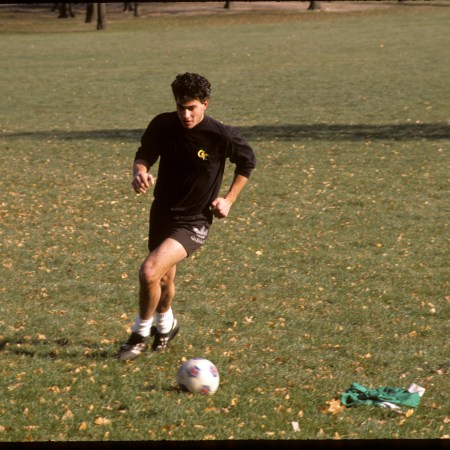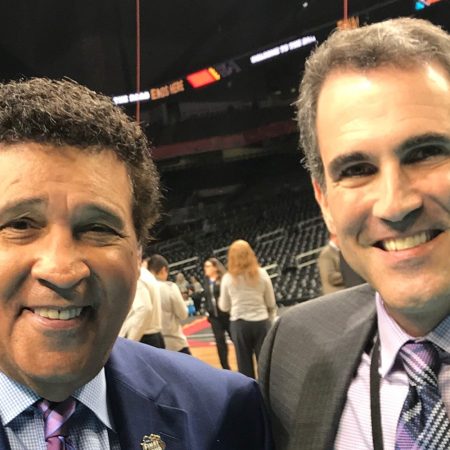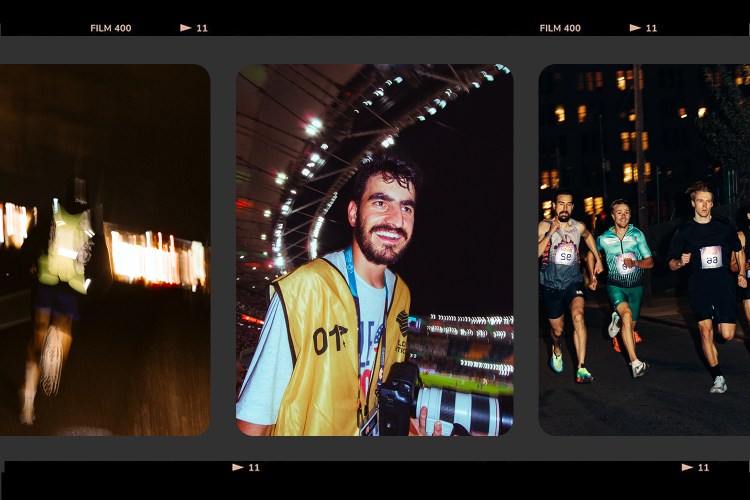When 12 of Europe’s top football (soccer) clubs — Real Madrid, Barcelona, Juventus, Liverpool, Manchester United, Manchester City, Chelsea, Arsenal, Tottenham Hotspur, AC Milan, Inter Milan and Atletico Madrid — made an out-of-the-blue announcement on April 18, 2021, that they intended to start a European Super League meant to replace the UEFA Champions League they had every reason to believe the plan would succeed.
However, pressure from football’s governing bodies, politicians and hordes of impassioned fans led nine of the clubs to publicly disown the project within days. (Real Madrid, Barcelona and Juventus still support the Super League concept.) Launched by billionaires hoping to line their already full pockets to bursting, the Super League took 48 hours to crash and burn, although efforts to revive it are currently ongoing.
Whether or not those efforts will be successful remains to be seen, but Emmy Award-winning filmmaker Jeff Zimbalist, who directed the Apple TV+ docuseries Super League: The War for Football that dropped last weekend, believes the fight for football’s soul is far from over. “I think the first incarnation of the Super League has lost a great deal of its momentum, but most of the underlying problems in the industry that pushed this group to sacrifice and gamble so much to try are still there,” Zimbalist tells InsideHook. “I think they will try again in a similar form whether or not it’s called a Super League. Everybody we talked to agreed there is going to be another crisis after this. I think it’s unrealistic that the sport returns to the purity of its roots as a working-class game and I worry it will turn into a soulless marketing machine. The battle over the 2021 European Super League may be over, but the war for football rages on.”
In advance of the release of the series, we spoke to Zimbalist (The Two Escobars, The Line, Momentum Generation) about his involvement with the project, what football’s most-powerful owners may not have realized and the significance of what happened over two days in April 2021.
InsideHook: Given all your prior work, why was this a project that you decided to take on?
Jeff Zimbalist: This coup d’état attempt on the high offices of power of the world’s biggest sports industry was clearly going to have repercussions stretching far beyond sports into economics and politics. So, it felt like a really unique opportunity to look under the hood and see the way the machinery works and tell a compelling character-driven thriller of a story and also use the saga as a lens through which to understand the inner workings of a $40 billion industry. In this particular case, you have all of these machinations of power, Middle Eastern sheikhs and Russian oligarchs and Asian billionaires and hedge fund owners from the U.S., clashing against each other. Rarely is there that intersection of so many different stakeholders.
IH: Were you also attracted to working on the series because you are a football fan?
JZ: I am and I’ve now made a number of films and series about football that use it as a lens through which to see our shifting values as a society at a given moment in history. When I watched this unfold, I had a million questions. What does this say about the sport? What does this say about our identity as a globalized society? Will social democracy or capitalism win? The fans and the meritocracy tradition claimed victory. As a journalist who’s reported on far too many stories where capitalism wins no matter the cost, I found that to be really exciting and surprising. I think of this less as a football story and more as a microcosm.
IH: How badly did the owners misjudge what the fan response would be to the Super League?
JZ: I do think there’s some truth to the narrative that the owners and architects of the Super League underestimated how the public would respond. They perhaps thought that business is business and that it would not bleed over into questions of cultural identity. I also think there were a number of other moving pieces behind the scenes that unfolded in ways that were unpredictable. This was a very high-stakes gamble and there was no way they could have anticipated exactly how the machinery was going to fall into place. They knew there was going to be pushback, it was just all about how long that would last.
IH: Why is the story of the Super League more than just a sports story?
JZ: Media comes at us now from every angle. When something out of the ordinary takes us aback, we stop in our tracks and ask bigger questions. That’s hard to find. I thought it was very refreshing here that a protest movement arguably was able to influence the decision-making of billionaires from around the world. That’s crazy. I can’t think of another example of something working over the course of 48 hours. People felt like they won just by taking to the streets. That’s the one-of-a-kind exception that makes us take a step back and look at things through a bigger lens.
IH: Is there a takeaway you are hoping viewers will walk away with?
JZ: It would be great for viewers to ask questions about what the role of the fan should be. Are fans customers or are fans the writers of the future of these sports? Should fans have more of a say in the direction that these sports go? Should they be governed like social democracies rather than just capitalist businesses? I think there are interesting questions in the series about morality. Is business immune from the expectations of conduct that we have in our friendships and our personal lives or should we hold business and the business realm to the same moral and ethical standards that we have for our friendships and our families?
Whether you’re looking to get into shape, or just get out of a funk, The Charge has got you covered. Sign up for our new wellness newsletter today.
